The Governance of Organizations Working Group presents
The Promises and Challenges of Decentralized Governance
Wi-Fi
Visitors to Stanford University have access to the "Stanford Visitor" Wi-Fi network.
How to get online:
- Select the SSID Stanford Visitor. Open a browser and load any URL.
- Click Accept to acknowledge the terms of use. Your browser will be sent to a confirmation page, and from there you can get online.
Airports
You may fly in to San Francisco International Airport (SFO) or San Jose Mineta International Airport (SJC). Both airports are approximately 30–50 minutes from campus depending upon traffic. Rideshare and taxi services are available at both airports.
Rideshare
When ordering your rideshare, please direct them to drop off/pick up at Burnham Pavilion (615 Jane Stanford Way, Stanford, 94305). This is the closest drop off location to the George P. Shultz Building, located just across the street.
Stanford University also recommends Stanford Oval as a designated pick up/drop off location for rideshare vehicles.
Parking
All parking is PERMIT-ONLY. Parking is available at several locations throughout Stanford Campus via the ParkMobile app or find advance parking on ParkMobile website:
Recommended lots closest to Hoover:
- Knight Mgmt (Zone 7207)
- Memorial Lot (Zone 7213)
- Littlefield Lot (Zone 7282)
Campus Maps
You can use the Searchable Campus Map to find any building on Stanford Historic Campus.
You can also get information on Stanford's free Marguerite shuttles and view real-time location maps here.
Dietary/
Disability?
We would like you to be able to participate and enjoy the conference during your time with us at Hoover.
Please let us know if you have any Dietary Restrictions or if you will need special accommodations to assist you while you are attending the conference. We will do our best to ensure the right resources are accessible to you.
About the Program
The Hoover Program on Economic Prosperity
Advancing research on institutions fostering growth and opportunity
The opportunities, social mobility, and high living standards enjoyed by Americans today are a consequence of two centuries of economic growth driven by a market economy and the legal and political institutions that underpin it. In recent years, however, increasing numbers of academics and public officials have argued that changes in technology and demographics make an economic and political system based on markets unviable. The Hoover Program on the Foundations of Economic Prosperity conducts evidence-based research on the institutions and policies that foster economic prosperity amid today’s public policy challenges.

Long-Run Prosperity
Why do prosperous economies develop in some countries and not others? The Long-Run Prosperity Working Group applies approaches from a range of disciplines to understand the mechanics of long-run growth.
Governance of Organizations
The Governance of Organizations Working Group brings together researchers, practitioners, and policymakers to explore how different governance systems—across corporations, universities, crypto protocols, and beyond—shape organizational effectiveness, accountability, and resilience.

Financial Regulation
Which financial regulatory reforms promote economic prosperity? And why do societies find it so difficult to create financial systems that are both efficient and stable? The Financial Regulation Working Group convenes an interdisciplinary network of scholars from economics, finance, law, political science, and history.
Immigration
Immigration policy is one of the most consequential issues that both the United States and the world need to address in coming years. The J-P Conte Initiative on Immigration fosters cutting-edge research and facilitates informed academic and policy debates on the economic effects of immigration.
Conference Organizers
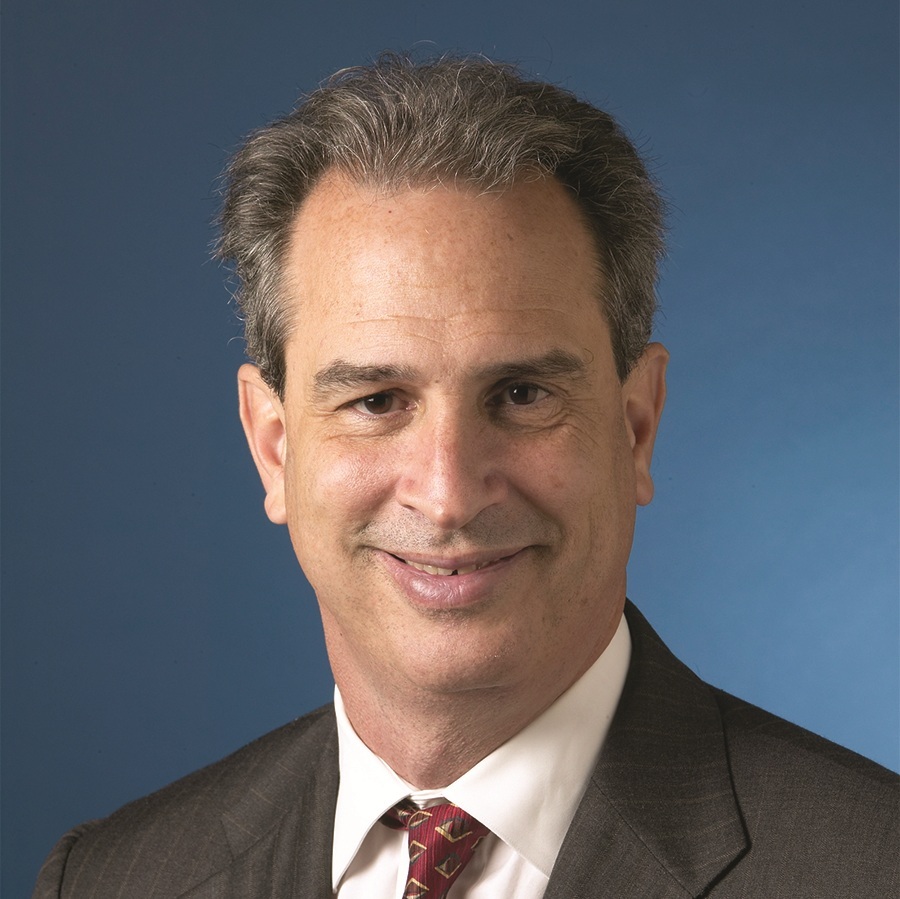
Stephen Haber is the Park L. Loughlin Senior Fellow at the Hoover Institution and director of the Hoover Program on the Foundations for Economic Prosperity. He is the A.A. and Jeanne Welch Milligan Professor in the School of Humanities and Sciences at Stanford University, and senior fellow at the Stanford Institute for Economic Policy Research. In addition, he is a professor of political science, professor of history, and professor of economics (by courtesy).
Haber has spent his career investigating why the world distribution of income so uneven. His papers have been published in economics, history, political science, and law journals. He is the author of five books and the editor of six more. Haber’s most recent books include Fragile by Design with Charles Calomiris (Princeton University Press), which examines how governments and industry incumbents often craft banking regulatory policies in ways that stifle competition and increase systemic risk. The Battle Over Patents (Oxford University Press), a volume edited with Naomi Lamoreaux, documents the development of US-style patent systems and the political fights that have shaped them.
His latest project focuses on a long-standing puzzle in the social sciences: why are prosperous democracies not randomly distributed across the planet, but rather, are geographically clustered? Haber and his coauthors answer this question by using geospatial tools to simulate the ecological conditions that shaped pre-industrial food production and trade. They then employ machine learning methods to elucidate the relationship between ecological conditions and the levels of economic development that emerged across the globe over the past three centuries.
Haber holds a Ph.D. in history from UCLA and has been on the Stanford faculty since 1987. From 1995 to 1998, he served as associate dean for the social sciences and director of Graduate Studies of Stanford’s School of Humanities and Sciences. He is among Stanford’s most distinguished teachers, having been awarded every teaching prize Stanford has to offer.
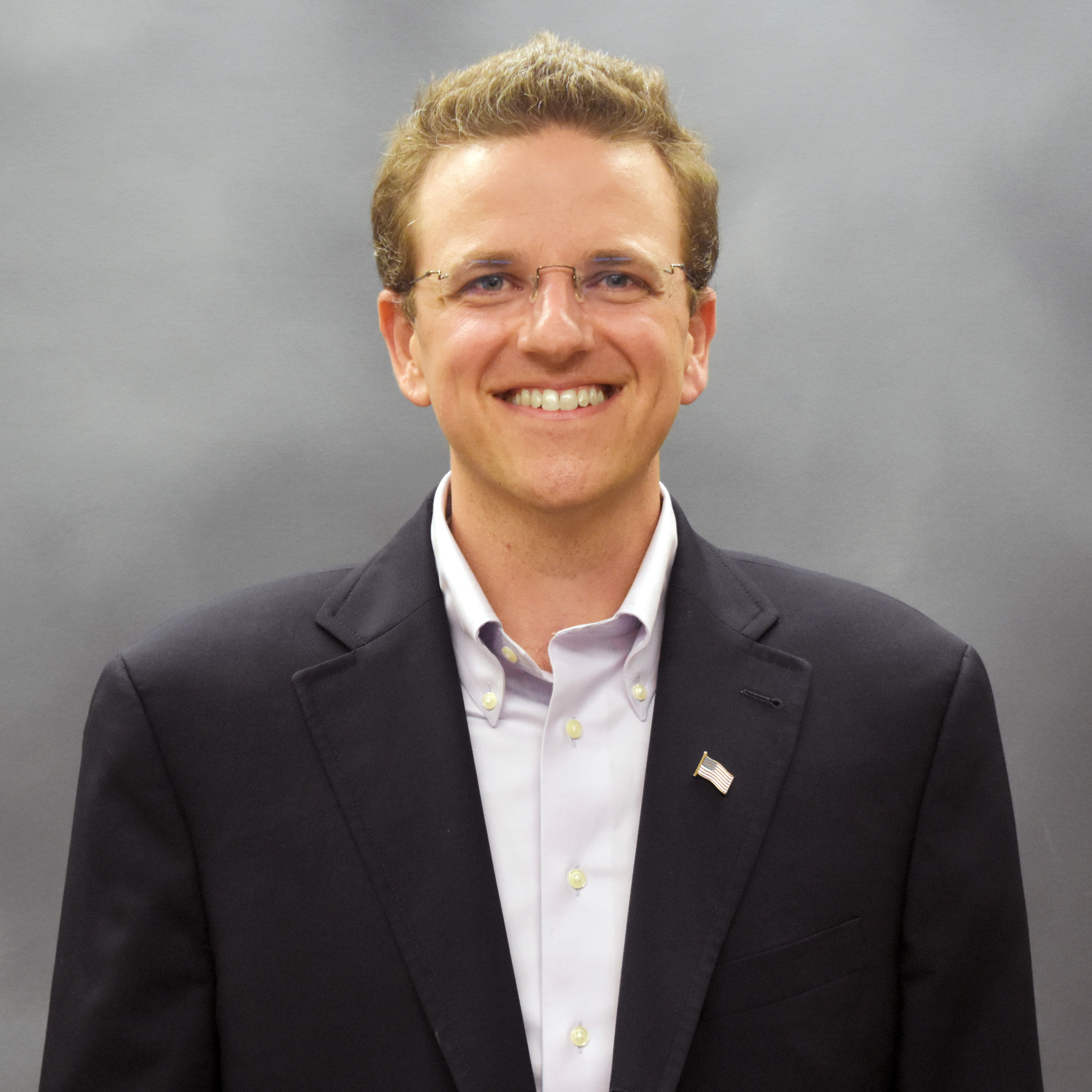
Andrew B. Hall is a senior fellow at the Hoover Institution and a founding member of the Hoover Program on the Foundations for Economic Prosperity. Hall is the Davies Family Professor of Political Economy at the Stanford Graduate School of Business. Hall’s research team uses large-scale quantitative data and cutting-edge methods from econometrics, statistics, and computer science to study American democracy and the design of democratic systems of governance in the online and offline worlds. Hall serves as an advisor to Meta Platforms Inc. and the a16z crypto research group.
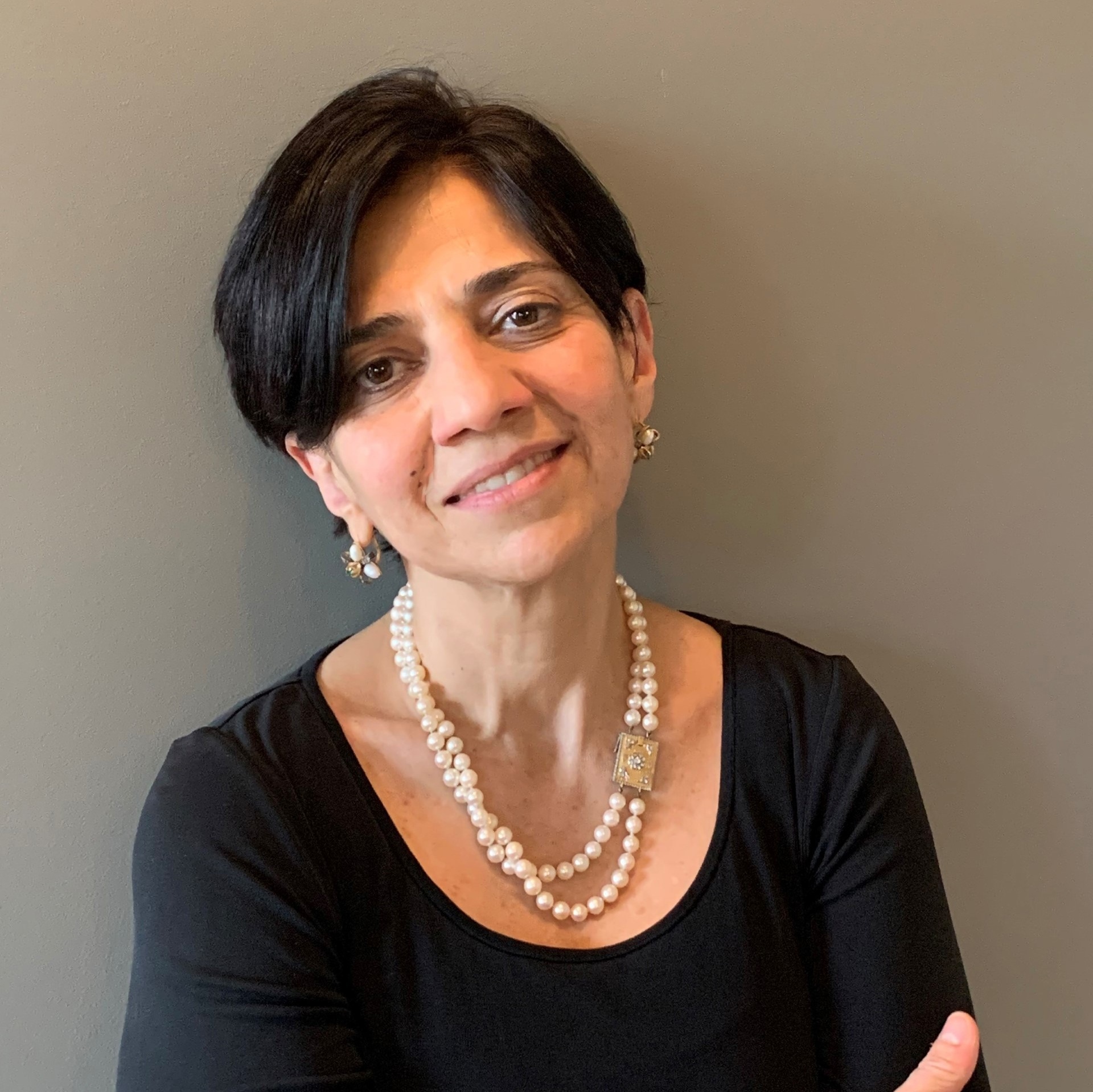
Paola Sapienza is the J-P Conte Family Senior Fellow at the Hoover Institution, where she co-directs the JP Conte Initiative on Immigration and she is a founding member of the Hoover Program on the Foundations for Economic Prosperity. She is Finance Professor Emerita at Northwestern University Kellogg School of Management, where she was a faculty member for over 25 years. Her research interests span from corporate governance to financial development, from political economy to the economic effects of culture and the economics of immigration. She maintains research affiliations with the National Bureau of Economic Research, Center for Economic Policy Research, and European Corporate Governance Institute.
Her work has been published in leading journals including the American Economic Review, Quarterly Journal of Economics, Journal of Finance, Review of Economic Studies, Science, and PNAS. She has appeared multiple times on the Thomson Reuters/Clarivate list of most influential scientific minds, and her research has been featured in major media outlets including the Wall Street Journal, Financial Times, and the Economist.
Sapienza holds a BA from Bocconi University in Milan and MA and PhD in Economics from Harvard University.
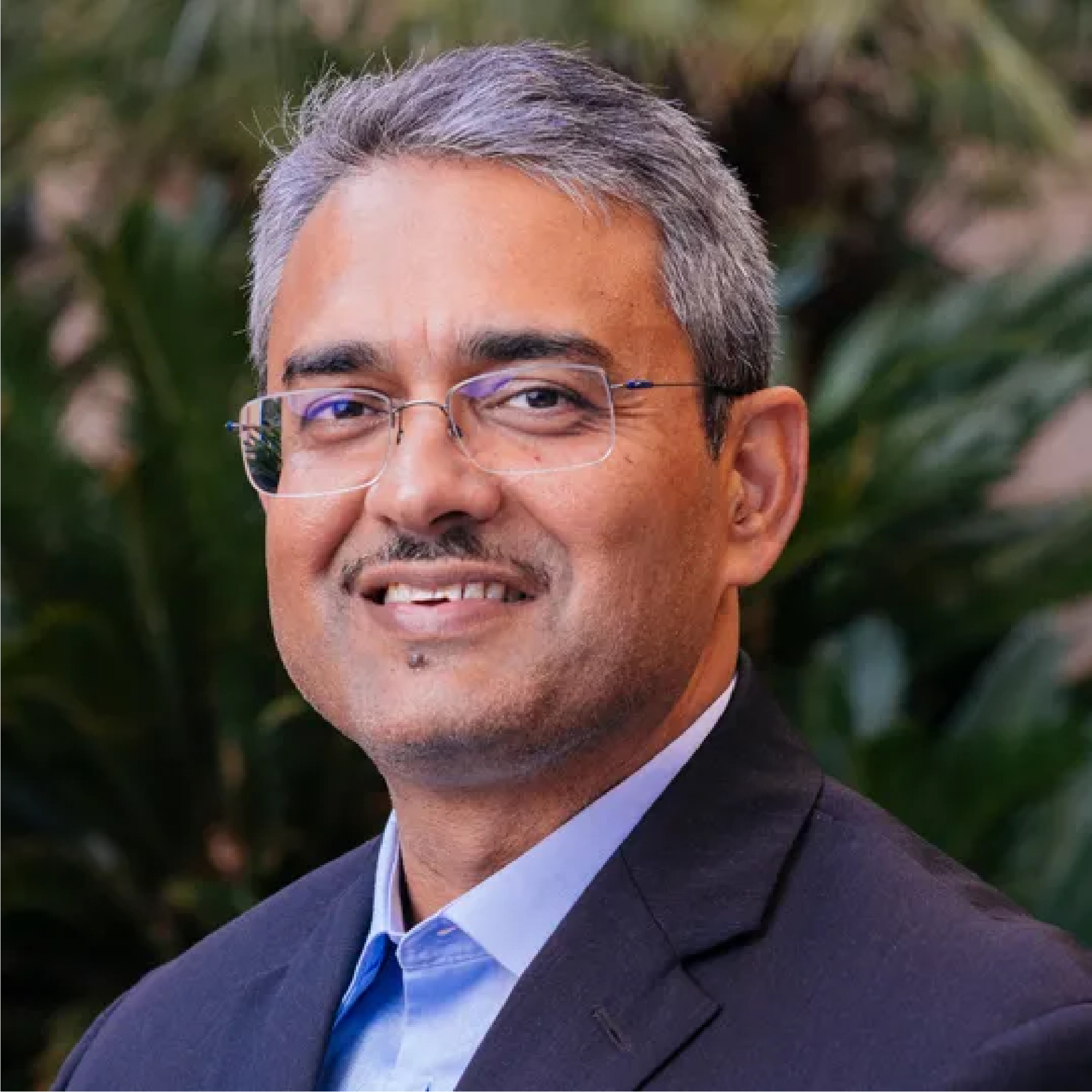
Amit Seru is a Senior Fellow at the Hoover Institution, the Steven and Roberta Denning Professor of Finance at the Stanford Graduate School of Business (Stanford GSB), a senior fellow at Stanford Institute for Economic Policy Research (SIEPR), and a Research Associate at the National Bureau of Economic Research (NBER). He was formerly a faculty member at the University of Chicago’s Booth School of Business. He is currently co-directing Hoover initiatives on corporate governance, long-run prosperity, and regulation and the rule of law.
Professor Seru’s research focuses on corporate finance with an emphasis on financial intermediation and regulation, technological innovation and incentive provision and financing in firms. His research in these areas has been published in American Economic Review, Journal of Political Economy, Quarterly Journal of Economics, Review of Economic Studies, Journal of Finance, Journal of Financial Economics, Review of Financial Studies, and other peer-reviewed journals. He is a co-editor of the Journal of Finance and was previously an editor of Review of Corporate Finance Studies, department editor (Finance) of Management Science and an associate editor of the Journal of Political Economy.
He has presented his research to U.S. and international regulatory agencies, including the Bank for International Settlement (BIS), Consumer Finance Protection Bureau (CFPB), European Central Bank (ECB), Federal Reserve, Federal Deposit Insurance Corporation (FDIC), Financial Industry Regulatory Authority (FINRA), the International Monetary Fund (IMF), the Monetary Authority of Singapore (MAS), the Office of the Comptroller of the Currency (OCC), and the Securities and Exchange Commission (SEC). Most recently, he gave the Biennial Andrew Crockett lecture on regulation of banks in the era of fintechs to central bank governors around the world at the BIS. He has received various National Science Foundation grants, the Alexandre Lamfalussy research fellowship from BIS and was named as one of the top 25 Economists under 45 by the International Monetary Fund in 2014. His research has been featured in major media, including the Wall Street Journal, The New York Times, the Financial Times and the Economist. His opinion essays have appeared in several outlets including the Wall Street Journal and The New York Times.
Seru earned a B.E. in electronics and communication and an MBA from the University of Delhi. Subsequently, he received a PhD in finance from the University of Michigan. He was a senior consultant at Accenture before pursuing his Ph.D. Seru was the recipient of a Rackham Pre-Doctoral Fellowship at University of Michigan and received a Lt. Governor’s gold medal for overall academic excellence at the University of Delhi.
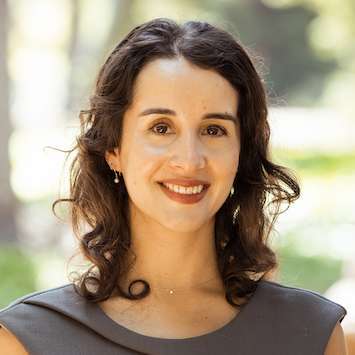
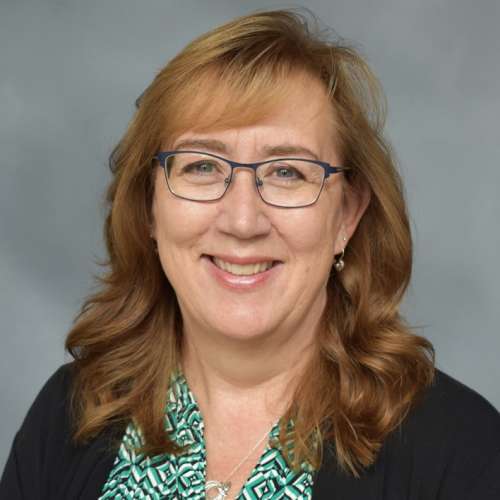
 Questions?
Questions?
If you have questions about the conference or logistics, please email hooverprosperity@stanford.edu.